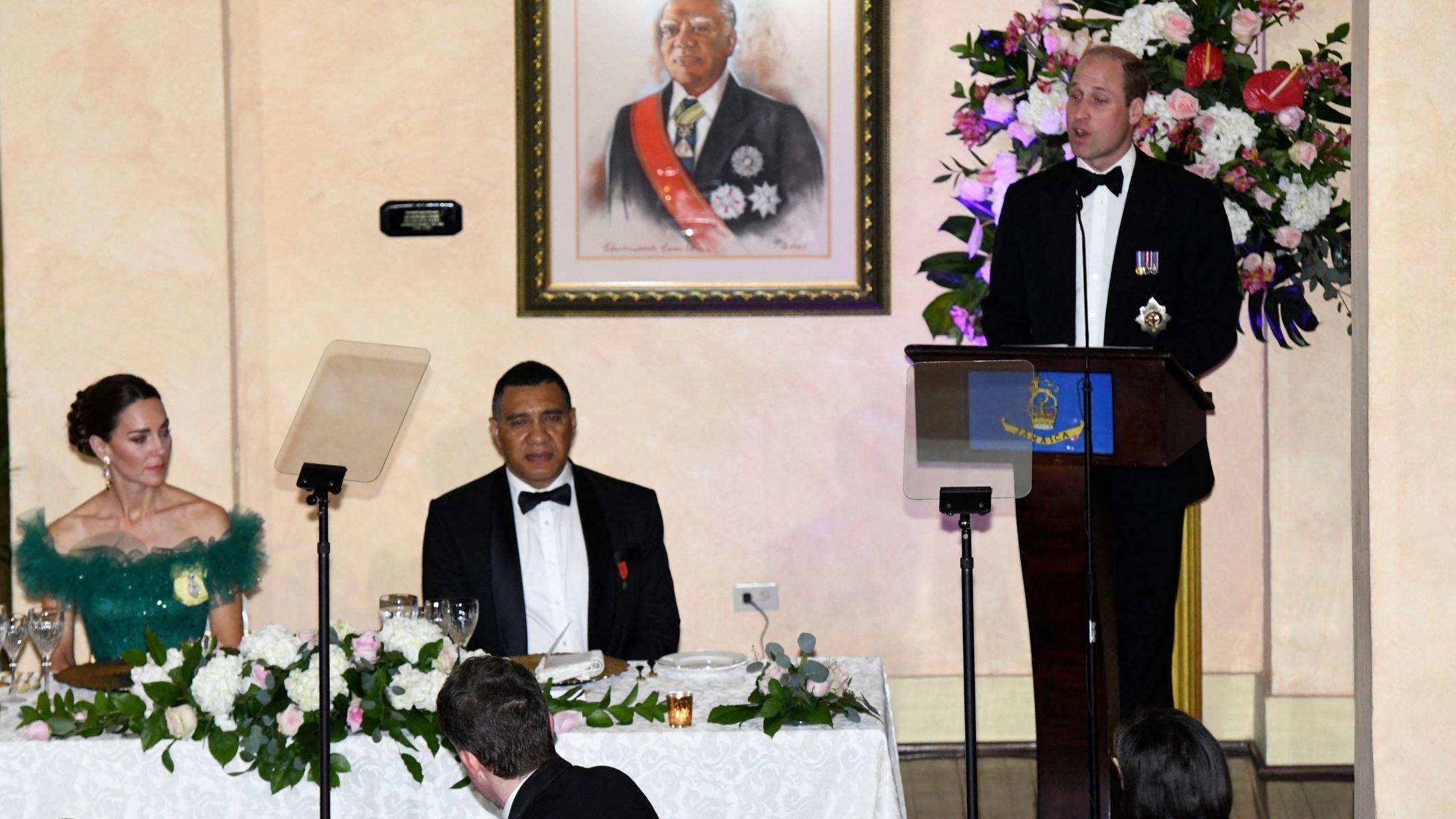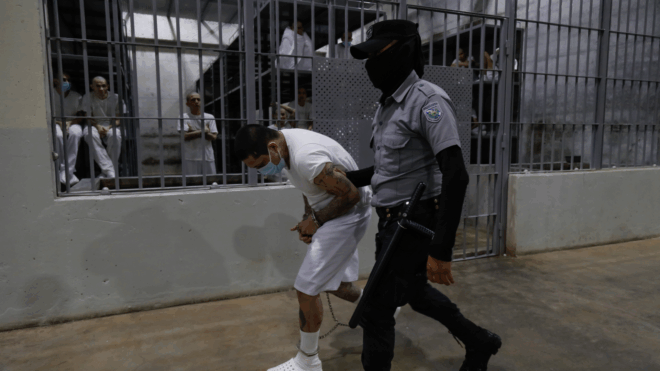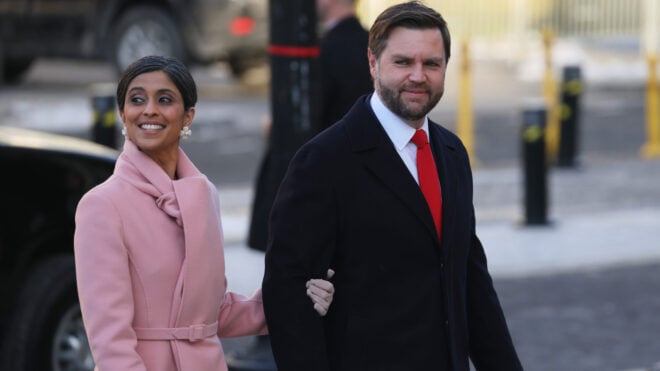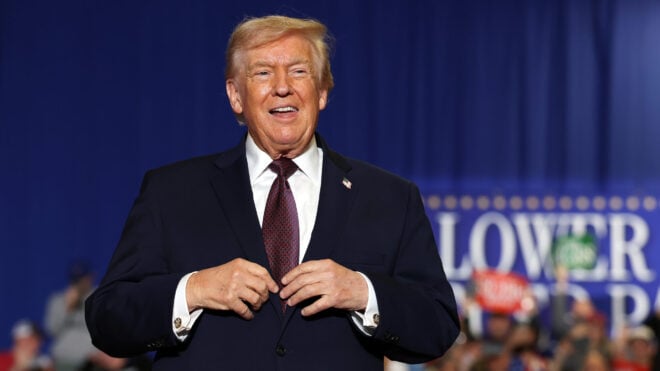
Prince William and Kate Middleton's royal tour of the Caribbean has not been easy.
The couple faced anti-colonialist protests ahead of their arrival in Belize. The protests were enough for royal handlers to decide to reroute the Duke and Duchess of Cambridge to a different cocoa farm to kick off the tour.
Royal reporters and sources close to the palace hoped the rest of the tour would be smooth sailing, but that hasn't quite been the case. Protests against the royal visit kicked off in Jamaica ahead of the couple's three-day stay there. Once they arrived, they met with Jamaican Prime Minister Andrew Holness, who wasted no time in mentioning the country's intention to reject the Queen as head of state.
"We're very, very happy to have you and we hope you've received a warm welcome of the people," Holness told William and Kate.
"Jamaica is a very free and liberal country and the people are very expressive — and I'm certain that you would have seen the spectrum of expressions yesterday."
After referencing the protest calling for slave reparations from the British monarchy in the country's capital, he looked toward Jamaica's future.
"There are issues here, which as you know, are unresolved, but your presence gives us an opportunity for those issues to be placed in context, to be out front and center and to be addressed as best we can," Holness continued.
"But Jamaica is, as you would see, is a country that is proud of its history and very proud of what we have achieved. And we're moving on and we intend to … fulfill our true ambitions and destiny to become an independent, developed and prosperous country."
Later that night, William and Kate attended a dinner hosted by the country's governor general. In a speech given there, William addressed the issue of slavery.
"I strongly agree with my father, the Prince of Wales, who said in Barbados last year that the appalling atrocity of slavery forever stains our history," William said.
"I want to express my profound sorrow. Slavery was abhorrent, and it should never have happened," he continued.
"While the pain runs deep, Jamaica continues to forge its future with determination, courage and fortitude. The strength and shared sense of purpose of the Jamaican people, represented in your flag and motto, celebrate an invincible spirit."
Many feel that William's speech didn't go far enough. The criticism has continued to follow them as news has emerged of protests organized by the Bahamas National Reparations Committee (BNRC) that began ahead of their arrival there.
"We, the members of the Bahamas National Reparations Committee (BNRC), recognise that the people of the Bahamas have been left holding the bag for much of the cost of this extravagant trip. Why are we footing the bill for the benefit of a regime whose rise to 'greatness' was fuelled by the extinction, enslavement, colonisation, and degradation of the people of this land? Why are we being made to pay again?" the BNRC's statement reads.
"The visit commemorates 70 years since Queen Elizabeth's accession to the throne of imperialism – more years than the Bahamas has been a sovereign nation. The BNRC asserts that we as Bahamians must have a clear understanding of what this trip truly means," it continues.
"We are not beholden to the British monarchy in any way and we do not owe them a debt of gratitude for anything – not for our culture, religion, or system of governance. Instead, the monarchy has looted and pillaged our land and our people for centuries, leaving us struggling with under development, left to pick up the pieces."
Niambi Hall Campbell-Dean, chair of the BNRC, also commented on William's remarks in Jamaica, echoing criticisms that they fall short.
"The calls for the full and formal apology is the first point onto CARICOM reparations 10-point plan, so we acknowledge statements of regret, that's the same thing that Tony Blair did, that’s the same thing that his father did, these statement of regrets and they always fall short of an apology," she told Eyewitness News.
"That's a very planned position to say it's a horrible thing. We all know it was a horrible thing, but we need the full and formal apology in order for you to take responsibility and from that point reparations can ensue," Campbell-Dean continued.
"That's the only thing we would accept at this point as being a genuine statement in regards to moving forward to the history that this family has."




